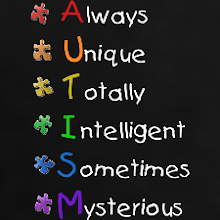There's no shortage of drama at Twitter these days: Besides the CEO shuffles, there are secret board meetings, executive power struggles, a plethora of coaches and consultants, and disgruntled founders. (Like Williams. The day after Dorsey announced his return to the company -- via tweet, naturally -- Williams quit his day-to-day duties at the company, although he remains a board member and Twitter's largest shareholder, with an estimated 30% to 35% stake.) These theatrics, which go well beyond the usual angst at a new venture, have contributed to a growing perception that innovation has stalled and management is in turmoil at one of Silicon Valley's most promising startups, which some 20 million active users rely on each month for updates on everything from subway delays to election results -- and which a growing number of companies, big and small, seek to use to market themselves and track customers.




















